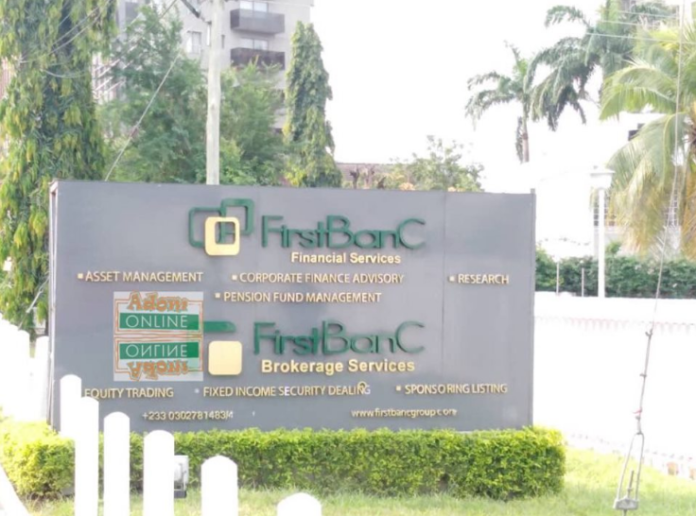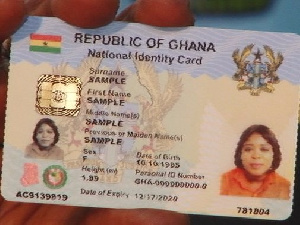Why Ghana Has Strong Business Ties with Singapore

In recent years, Ghana and Singapore have significantly deepened their economic relationship. This partnership spans finance, trade, SME development, FDI, and technology transfer, presenting new opportunities for both nations. Here’s why the bond is flourishing—and what it means for businesses in Ghana.
1. Strategic Financial Cooperation
A major driver of this relationship is the development of digital financial infrastructure linking both countries:
-
The Financial Trust Corridor (FTC) and Ghana Integrated Financial Ecosystem (GIFE) are joint initiatives between Ghana’s Bank of Ghana and Singapore’s Monetary Authority of Singapore (MAS). These efforts aim to provide Ghanaian SMEs with digital trade finance, credit assessment, and access to regional and global markets via technology-enabled trust frameworks newsghana.com.gh+15gna.org.gh+15graphic.com.gh+15.
-
Through GIFE, SMEs gain digital platforms for financial literacy, e-commerce, and trade guarantees—supporting thousands of Ghanaian SMEs during pilot stages and expanding cross-border financial inclusion .
-
Ghana seamlessly connecting with Africa’s Pan-African Payment and Settlement System (PAPSS) within the regulatory sandbox enhances its status as a regional trade facilitator 3news.com+1mondovisione.com+1.
2. Bilateral Agreements and Trade Access
-
A Double Taxation Avoidance Agreement (DTA) between Ghana and Singapore helps simplify taxation and encourages cross-border investment ntu.edu.sg+12enterprisesg.gov.sg+12newsghana.com.gh+12.
-
Enterprise Singapore’s presence in Accra since 2013 demonstrates a long-term commitment to facilitating market entry for Ghanaian entrepreneurs and helping Singaporean firms locate credible partners in Ghana newsghana.com.gh+2thebftonline.com+2gna.org.gh+2.
3. Growth in Trade and Investment
-
Singapore has consistently ranked among the top 10 global investors in Africa, with FDI passing from US $21.1 billion to US $23.7 billion during 2019–2021. Ghana benefits from this through its oil, agriculture, cocoa, and industrial sectors thebftonline.com.
-
Ghanaian exports to Singapore include cocoa and crude oil, while Singapore exports malt extract, agrochemicals, machinery, and industrial products to Ghana—totaling nearly S$250 million (USD $183 million) in bilateral trade ntu.edu.sg.
-
Singapore-based companies such as Olam, Wilmar, and Tee Yih Jia have established manufacturing and agricultural operations in Ghana, creating jobs and supporting export growth thebftonline.com.
4. Capacity Building & Knowledge Transfer
-
High-level exchanges have been frequent: Ghanaian finance ministers have sought guidance from Singapore’s Economic Development Board on export-driven FDI, economic planning, and anti-corruption frameworks en.wikipedia.org+11graphic.com.gh+11newsghana.com.gh+11.
-
Enterprise Singapore is working with Ghana to boost its manufacturing capacities, support SMEs under the One District, One Factory (1D1F) initiative, and provide training aligned with ASEAN standards gna.org.gh.
-
Singapore’s expertise in digital trade infrastructure (e.g., TradeNet) has inspired Ghana’s efforts to streamline trade processes and build high-level trade integration systems international.vlex.com+13news.com+1.
5. SME-Focused Ecosystem
-
Ghanaian SMEs now benefit from mentorship, funding, and innovative financial tools available through Business Sans Borders, FTA digital platforms, and MAS/Enterprise Singapore-backed programs ntu.edu.sg+2gna.org.gh+2mondovisione.com+2.
-
The GIFE initiative supports Ghanaian and Singaporean SMEs with grants, e-commerce B2B exposure, trade finance mechanisms, and credit scoring systems based on alternative data—opening new market paths mondovisione.com+2gna.org.gh+2ntu.edu.sg+2.
Why This Partnership Works
-
Aligned strategic goals: Both countries focus on finance-led growth, SME empowerment, digital inclusion, and sustainable investment.
-
Complementary roles: Singapore brings capital, technology, and commercial expertise. Ghana contributes resources, agriculture, and a business-friendly reform agenda.
-
Shared language & governance: Both countries use English, maintain strong legal frameworks, and are committed to anti-corruption measures—making collaboration smoother .
-
Regional connectivity: Ghana serves as a gateway for Singapore into West Africa, while Singapore provides Ghanaian businesses a path into ASEAN and beyond .
Final Thoughts
The business ties between Ghana and Singapore are rooted in strategic collaboration, financial infrastructure, FDI, and mutual capacity development. From innovative fintech platforms and tax agreements to manufacturing partnerships and SME empowerment, this evolving partnership benefits both economies.
As Ghana continues to grow its industrial exports and digital trade, and as Singapore expands its global trade and investment footprint, this mutually reinforcing relationship stands to intensify—celebrating a powerful synergy that goes beyond trade and investment into shared economic futures.
Source: Thepressradio.com





